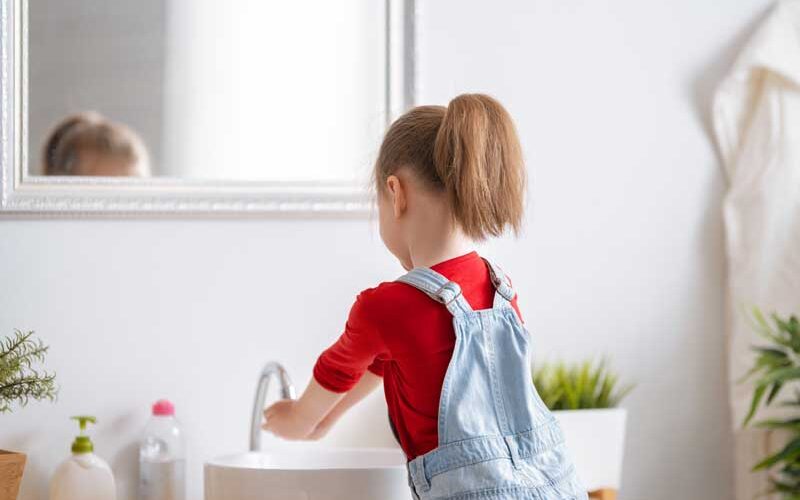How much cleaning and housework did you perform as a child? There are other tasks, including dishwashing, cleaning, choosing, and gardening assistance. This time, we will discuss the impact of aiding children at home throughout their formative years.
Pros
Opportunity for growth
It is a chance to build children’s confidence by teaching them how to do what they have to do well and realizing that it has helped them by helping their parents. Additionally, Dr. Martin Rothman of the University of Minnesota suggests that children who help with housework during this period are less likely to use drugs as adults. If you help with housework from an early age (3-5 years old), you will most likely succeed when you grow up.
Development of self-discipline
Successful people in life have something in common: self-discipline.They are good at worrying about other people’s eyes and doing things that others don’t want to do. Doing housework from an early age can help you achieve great results when you are in school, work, or other environments.
Getting a sense of joy
When youngsters help out around the house and receive rewards (such as games and sweets) for their efforts, it might be a good experience for them since, when they enter the workforce later on, they’ll recall how satisfying it was to work on a project (Ivy, 2023).
Understanding the value of cooperation
A child can gain an understanding of the value of collaborating with others by helping with household chores and supporting their family. For instance, by cleaning a house and considering how to do so effectively and hygienically, you can also learn how to conduct effective communication training and teamwork.
To help improve physical function
Housework is not a one-sided affair, but because each household uses its body differently, it improves its ability to exercise and challenge itself (Ivy, 2023).
Cons
However, it is not a good idea to assist with housework. Asking for inappropriate chores might put a kid under stress while they are trying to maintain or raise their grades.
Some kids have good dexterity, while others don’t. There are risks involved as well, like children who are less attentive than adults running the risk of getting hurt or continuing to damage their self-esteem by taking a long time to complete a task (Go Henry, 2022).
Additionally, it takes longer than normal to teach kids odd chores. Parents and caregivers may have enough time to teach kids three times by the time they master one. You may also have a conversation with your child about the importance of doing odd things.
While there are undoubtedly numerous benefits, it might also be crucial to take into account parents’ and caregivers’ spare capacity (Lewis, 2023).
Conclusion
It turns out that there are many benefits to truly encouraging children to grow up, but there are also certain things to take into account. For people who are going to be parents or who already have children, it’s important to think about how often you help your child around the house.
Reference
- BellyBelly. (2014). Should Children Do Chores? 6 Benefits Of Chores. [online] Available at: https://www.bellybelly.com.au/child/should-children-do-chore [Accessed 12 August].
- B, lvy (2023). Should Kids Have Chores? Yes, and Here’s Why! | SAHM, plus… [online] www.shaplus.com. Available at: https://www.sahmplus.com/should-kids-have-chores [Accessed 11 August].
- GoHenry (2022). What are the pros and cons of giving kids chores? [online] Available at: https://www.gohenry.com/us/blog/chores/what-are-the-pros-and-cons-of-giving-kids-chores [Accessed 11 August].
- Lewis, R. (2023). Kids and Household Chores. [online] WeHaveKids – Family. Available at: https://wehavekids.com/parenting/Kids-and-Household-Chores [Accessed 12 August].
